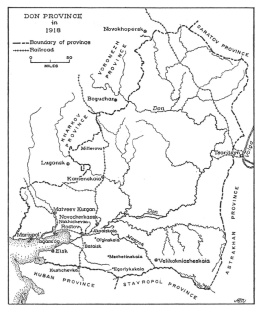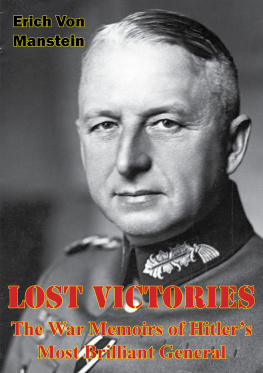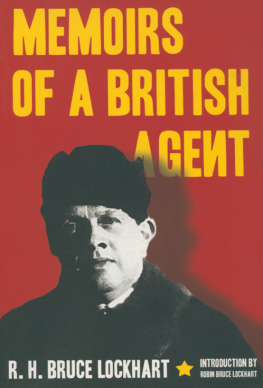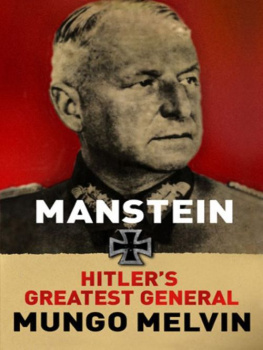PREFACE.
__________
THE Memoirs of General Manstein were first published in London in the year 1770, in quarto, under the auspices of the celebrated historian, David Hume, who prefixed to the volume an advertisement, in which he states that they were sent to him from Berlin by the Earl Marshal of Scotland, with a desire that they should be published in England. They were originally, says Hume, composed in the French language; but as the author was a foreigner, and a military man, they were less remarkable for elegance of expression, than for candour, good-sense, and impartiality. For this reason, as the bookseller thought that an edition in English would be more agreeable to the British reader than the original French, I gave my consent to the publication of the work in the present translation, and I hope it will prove both entertaining and instructive. It contains the history of Russia during an interesting period, which is not generally known. The narrative breathes a manly spirit, which will not easily evaporate in any translation. And as the work is authentic, it seems well entitled to the attention of the public.
Unfortunately the bookseller to whose opinion Hume thus deferred, entrusted the task of translation to most incompetent hands. In spite of its intrinsic interest as a faithful transcript of Russian policy during the most eventful period of the history of that country by the pen of one who played a very important part in it, the work seems to have excited scarcely any attention in England. This was no doubt mainly owing to the very wretched character of the version, which seems to have been executed by different persons, some of whom possessed very little knowledge of the language from which they were translating, and as little skill in the use of the one into which they were rendering. On the Continent the effect was very different. A German translation from the English volume appeared at Leipzic in the beginning of the next year. In the course of it, an edition in French, professedly from the original manuscript of the author, was published at Amsterdam. The editor of this, M. Huber, asserts that the copy from which he printed came into his hands from the possession of an intimate friend of the writer. It contains several passages, amounting on the whole to twenty or thirty pages, of very different lengths, and very different degrees of interest, which do not appear in the English edition. The latter, according to Huber had been mutilated. In many instances, perhaps in most, this was probably the case; but not, in my opinion, in all. It seems to me likely that some of the passages which are found exclusively in the French edition are additions to the original manuscript, made in one instance at least subsequently to the death of the author.
To reprint a version so bad as that of 1770 was obviously impossible : otherwise, I should have preferred to do so, on account of the undeniable authority its original possessed as coming direct from the hands of the Earl Marshal. This individual was the elder brother of the General Keith who appears so favourably in Mansteins narrative. He was attainted for being concerned in the rebellion of 1715, and took refuge in Prussia, where he remained through life the intimate and confidential friend of Frederic, who made him governor of Neufchtel.* As it was necessary to revise the version, and the original no longer exists, the only course was to correct it by the French edition of Amsterdam, an extremely scarce book. This I have accordingly done, but not being fully satisfied of the genuineness of the whole of the additions, I have thought it only right to point them out in every instance where they are of any importance. There are also a few cases, where two or three sentences exist in the English edition, which are wanting in the French. These I have also preserved generally, distinguishing them by placing them between brackets. They occur mostly towards the end of the volume, and are very likely to have been additions by the hand of one of the Keiths.
In 1772 another edition in French appeared at Lyons. The text, so far as I have examined it, is identical with that of the Amsterdam edition; but it is printed in two octavo volumes instead of one. It, too, is an extremely scarce book.
The notes which appear in the Amsterdam edition I have translated and appended to the text. Some of them proceed from the author of the Memoirs, others from M. Huber. The latter are (he tells us) mainly drawn from Bschings Magazin fur die neue Historie und Geographie, published at Hamburg in 1767.
In the Memoirs the author expressly confines himself to treating of events which happened while he was in the country. He added a supplement containing a sketch of the internal progress of Russia from the time of Peter I to the period comprehended in the Memoirs. This is in itself interesting ; but the interest is of so different a character from that of the Memoirs themselves, that it seemed hardly worth while to increase the expense of the volume by its addition.
The reader will perhaps be glad of a slight outline of the authors life, as a guide to the opportunities which he possessed for acquiring information on the topics which he handles. He was born at Petersburg on Sept. 1st, 1711. His family was of Bohemian origin, and had emigrated into Prussia to avoid religious persecution. His father entered the service of Peter I. of Russia, and became a lieutenant-general in the army, and governor of Revel. His mother was Dorothea von Ditmar, a lady of a Swedish family of rank, which possessed estates in Livonia. He was educated at home till the age of thirteen, when he entered the college at Narva. From thence he passed into the corps of cadets, established by the King of Prussia, and after remaining there three years took service in the Prussian army. In the year 1736, he returned to Revel to pay a visit to his father, who was anxious that he should take service in Russia; but the younger Manstein, whose merits appear to have been highly appreciated in his adopted country, declined to do so from motives of gratitude to his Prussian patron. Proceeding, however, to Petersburg to visit his maternal uncle, M. Ditmar, the Swedish minister at that court, he was presented by him to the Empress Anne, who, being much pleased with him, renewed the proposition which his father had just made, and on receiving a similar answer, replied that she would herself request the King of Prussia to allow him to transfer his services to her. Under these favourable auspices he was made a captain in the Petersburg regiment of guards, having been only a lieutenant in the Prussian service, and forthwith joined the army which marshal Munich was assembling in the Ukrain, in order to invade the Crimea. He received a wound at the storming the lines of Perekop. During the winter 17367, he was employed in defending the lines of the Ukrain against the forays of the Tartars, a service of which he gives a very graphic description. He accompanied Munich through the campaigns of 1737, 1738 and 1739. In the winter of the last year he became attached to Mademoiselle de Fink, the daughter of the grand equerry of the court of Russia, whom, on the 30th of January, 1741, he married, his fortunes having in the meantime improved, through the part he took in the









